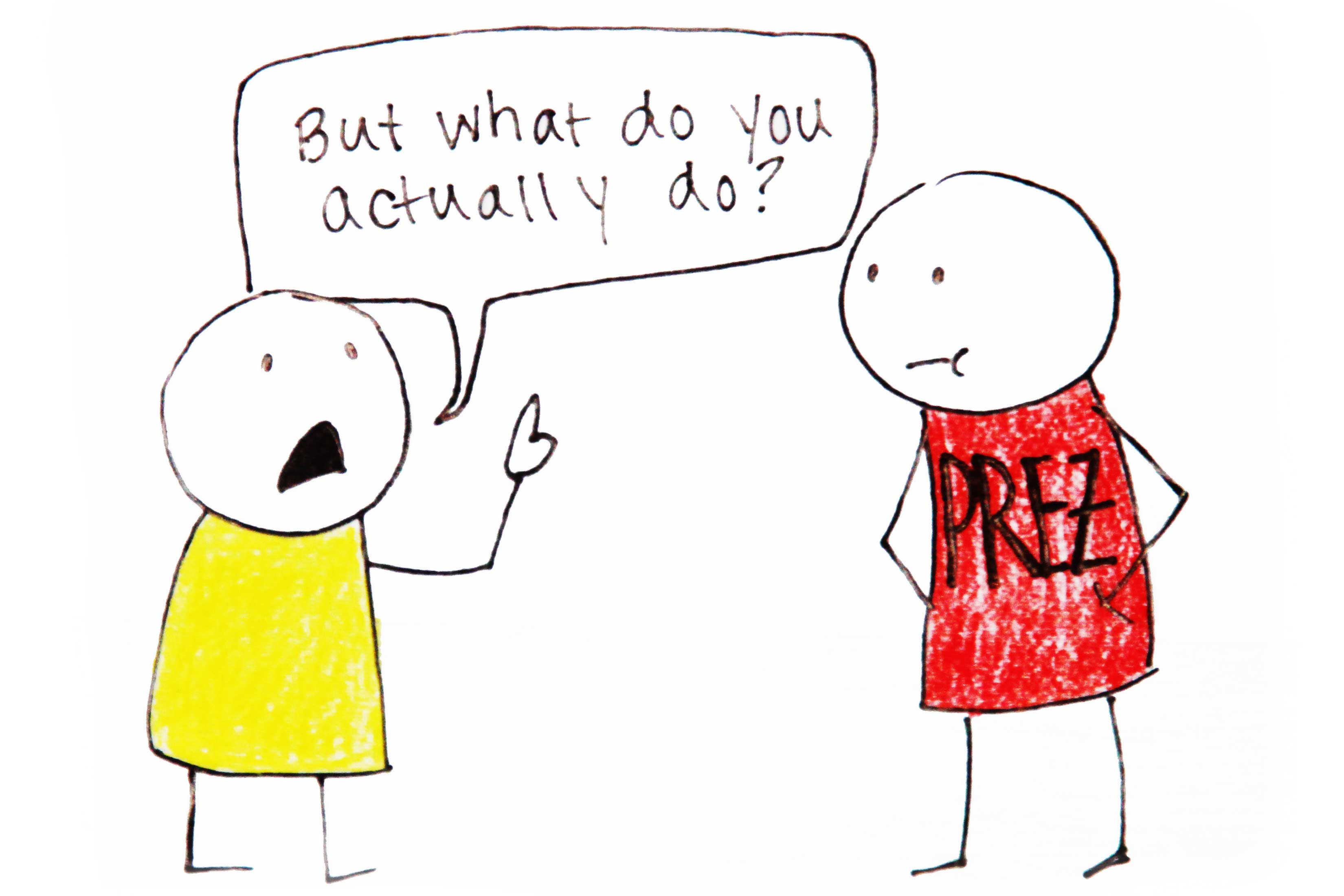
Students hoping to secure leadership positions in the student government can spend hours on their campaign, attempting to gain support through posters and speeches. But what exactly are they trying to achieve? Many candidates’ default answer might be to make change within the school, perhaps by altering existing rules or introducing new school policies. So while most would assume that the President and Vice President are responsible for executive matters, and the Treasurer, controls school funds, the reality is that these elected positions hold limited power. Only school administrators can truly change policies, allocate funds for new programs, or accomplish any real change in general. These student positions are not and have never been intended to have these aforementioned responsibilities, but they still hold titles that may give the wrong impression to students and candidates.
Student government does not perform a lot of “governing.” There really is not much else these elected officials do to impact daily life in the school. It is a truth most students have come to accept for a long while. So the more intriguing question could be: what should they be doing?
The most useful and practical application of student government is to act as a mediator between the administration and students. This is already one of the objectives, but it remains only a side priority for many. Candidates focus on lengthy campaigns and long-winded speeches, while neglecting the fact that their most important purpose is to communicate the collective needs and complaints of the student body to the administrators, rather than being a direct agent of that change. Elected student candidates should place more emphasis on representation instead of executive powers, pushing the idea of “representatives” as the more apt description of their positions. While this sounds more mundane than impressive titles like “President,” it is a more honest term which can be equally prestigious if understood with an open mind.
Students should not be misled into thinking that the student government literally governs; instead, they should recognize that elected students are meant to be spokespeople to the administration as elected representatives of the student body. Maybe then, the student body can truly start engaging with the long-neglected Student Congress.
Tony Hong
staff writer

